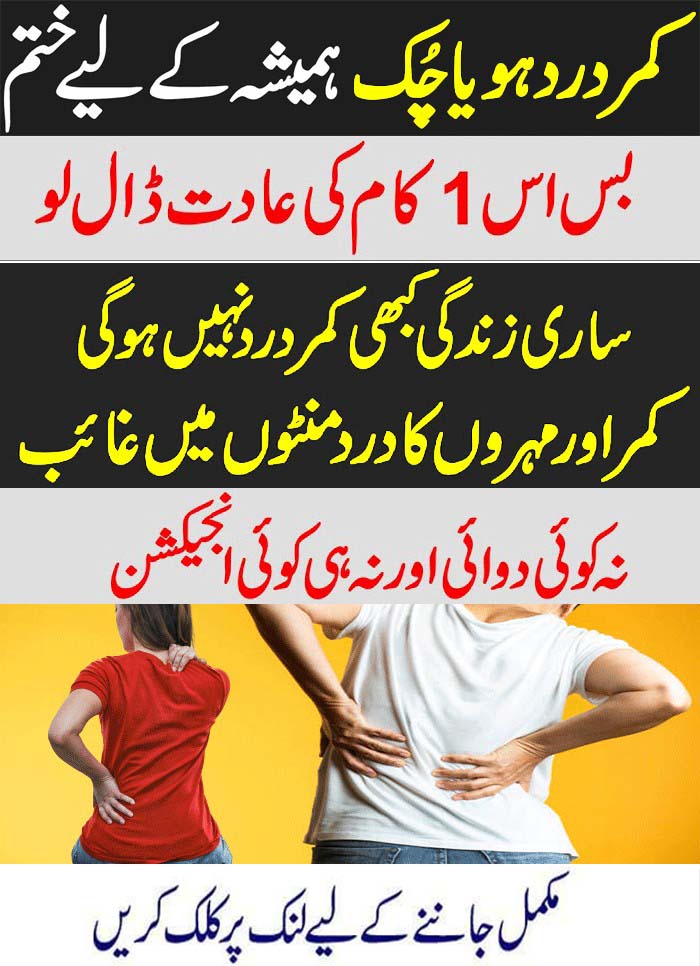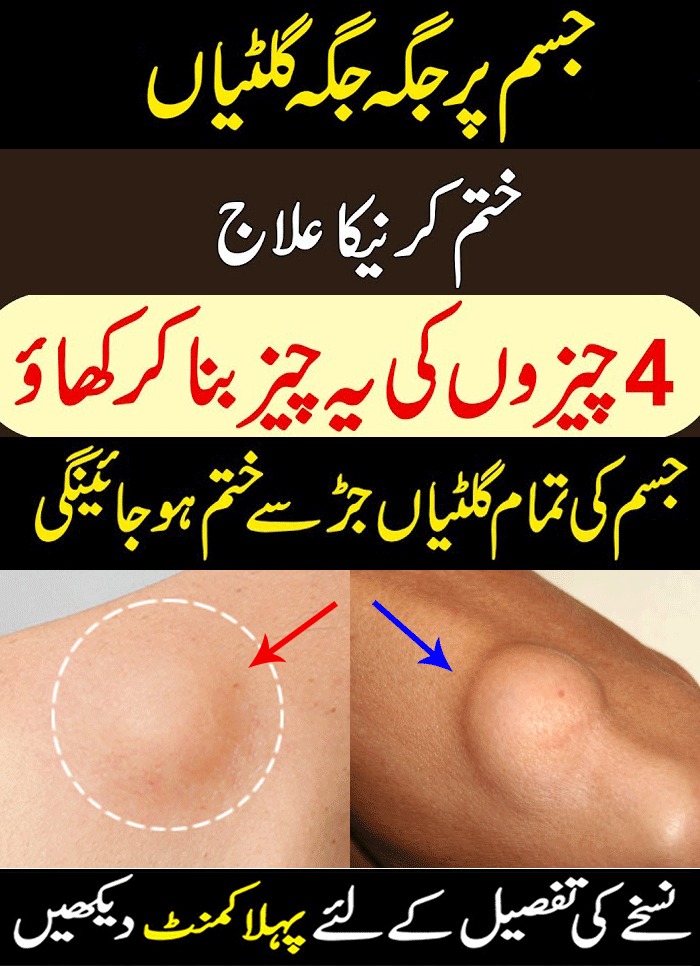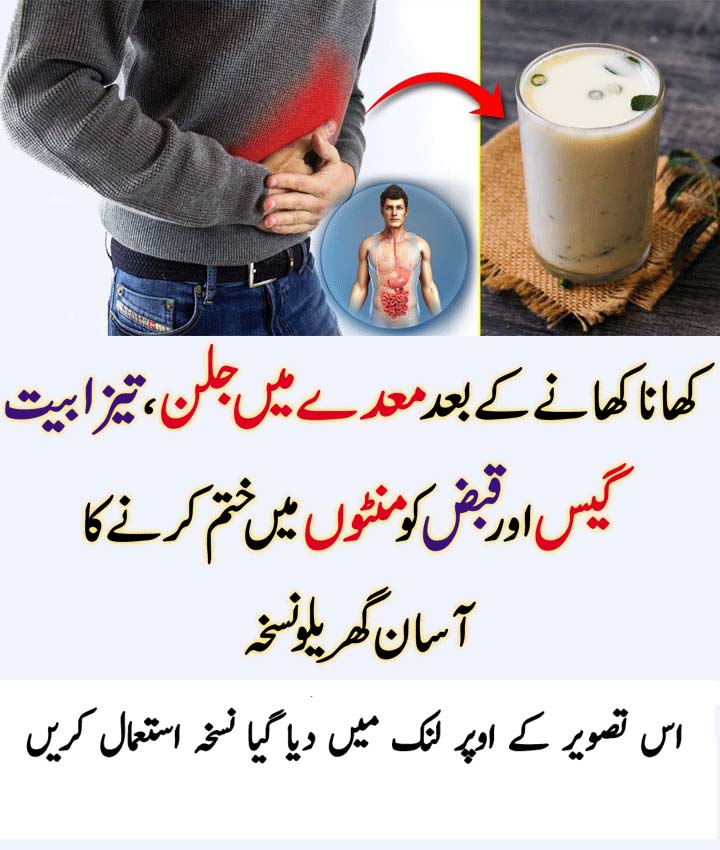Karachi: Stomach and abdominal issues are common and tend to resolve themselves after a short time. But chronic pain and discomfort could be a signal from your body that something is wrong. Pain, cramping, and bloating could be due to menstrual cycles, a bad diet, or could be a sign of irritable bowel syndrome. There are a number of ways to handle these symptoms.
Bloating and gas alongside tummy pains: ‘Certain foods can cause pain, discomfort, or a bloated feeling,’ Dr. Powles, the lead physician at Bupa Health Clinics, said. He suggests cutting rich, fatty foods from your diet to see whether that was the cause. If cutting various foods doesn’t solve the problem, you may have IBS. Powles a GP will be able to determine whether or not this is the case and provide necessary information about what diet, should have.
Get Rid of Acidity and Stomach Issues
Karachi: Stomach and abdominal issues are common and tend to resolve themselves after a short time. But chronic pain and discomfort could be a signal from your body that something is wrong. Pain, cramping, and bloating could be due to menstrual cycles, a bad diet, or could be a sign of irritable bowel syndrome. There are a number of ways to handle these symptoms.
Bloating and gas alongside tummy pains: ‘Certain foods can cause pain, discomfort, or a bloated feeling,’ Dr. Powles, the lead physician at Bupa Health Clinics, said. He suggests cutting rich, fatty foods from your diet to see whether that was the cause. If cutting various foods doesn’t solve the problem, you may have IBS. Powles a GP will be able to determine whether or not this is the case and provide necessary information about what diet, should have.
Get Rid of Acidity and Stomach Issues
panadol-and-extra
Constipation-causes-treatment
constipation
We’ve listed eight points, mentioned by physician Luke Powles in an interview with NetDoctor.
Pain in the upper abdominal area and chest after eating
Indigestion is frequently the cause of discomfort after eating. However, it can also be due to eating too quickly or be greasy, fried foods. ‘People can get this if they’ve eaten too quickly or if they’ve eaten something that’s greasy and heavy, especially if they aren’t used to those kinds of foods,’ Dr. Powles says.
Powles suggests keeping a food diary to identify problematic foods if this discomfort is an ongoing problem. You should then take this diary to your GP.
Pain in the lower abdominal area
Lower abdominal pain is common among women during their menstrual cycle. A gentle walk or swim can help soothe particularly severe symptoms, suggests Powle. A hot water bottle laid on your stomach may also help.
Abdominal cramping
Cramping, like lower abdominal pains, may come during your cycle. However, you visit a health professional if you’re experiencing abdominal cramping throughout the month, Powles says. Chronic cramping could be evidence of fibroids, pelvic inflammatory disease, endometriosis, or adenomyosis, and these require medical treatment.
Pain in the upper abdominal area
Pain in this area is usually caused by excess acids in your diet. Dr. Luke Powles suggests taking antacids and the pain should subside. If it persists, the pain may be caused by slightly more serious issues in your stomach, heart, or lungs. You should visit a doctor after a few days, says Powles.
Wind, bloating and diarrhea alongside tummy pains
A combination of all these problems, possibly including itching and skin rashes, may be evidence of food intolerance. A food diary, recording what you ate and what symptoms you developed, may give some insight into what you’re intolerant to.
‘Cut down on caffeinated drinks including tea and coffee and reduce how much alcohol you drink,’ recommends Dr. Powles. ‘Quitting smoking, losing weight if you’re overweight, not skipping meals, trying to stay upright during the day, and having your head more raised at night can help,’ he adds. ‘Minimise your intake of rich, fatty foods and try not to have too much spice,’ he advises
panadol-and-extra
Constipation-causes-treatment
constipation
We’ve listed eight points, mentioned by physician Luke Powles in an interview with NetDoctor.
Pain in the upper abdominal area and chest after eating
Indigestion is frequently the cause of discomfort after eating. However, it can also be due to eating too quickly or be greasy, fried foods. ‘People can get this if they’ve eaten too quickly or if they’ve eaten something that’s greasy and heavy, especially if they aren’t used to those kinds of foods,’ Dr. Powles says.
Powles suggests keeping a food diary to identify problematic foods if this discomfort is an ongoing problem. You should then take this diary to your GP.
Pain in the lower abdominal area
Lower abdominal pain is common among women during their menstrual cycle. A gentle walk or swim can help soothe particularly severe symptoms, suggests Powle. A hot water bottle laid on your stomach may also help.
Abdominal cramping
Cramping, like lower abdominal pains, may come during your cycle. However, you visit a health professional if you’re experiencing abdominal cramping throughout the month, Powles says. Chronic cramping could be evidence of fibroids, pelvic inflammatory disease, endometriosis, or adenomyosis, and these require medical treatment.
Pain in the upper abdominal area
Pain in this area is usually caused by excess acids in your diet. Dr. Luke Powles suggests taking antacids and the pain should subside. If it persists, the pain may be caused by slightly more serious issues in your stomach, heart, or lungs. You should visit a doctor after a few days, says Powles.
Wind, bloating and diarrhea alongside tummy pains
A combination of all these problems, possibly including itching and skin rashes, may be evidence of food intolerance. A food diary, recording what you ate and what symptoms you developed, may give some insight into what you’re intolerant to.
‘Cut down on caffeinated drinks including tea and coffee and reduce how much alcohol you drink,’ recommends Dr. Powles. ‘Quitting smoking, losing weight if you’re overweight, not skipping meals, trying to stay upright during the day, and having your head more raised at night can help,’ he adds. ‘Minimise your intake of rich, fatty foods and try not to have too much spice,’ he advises



